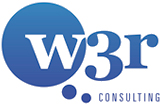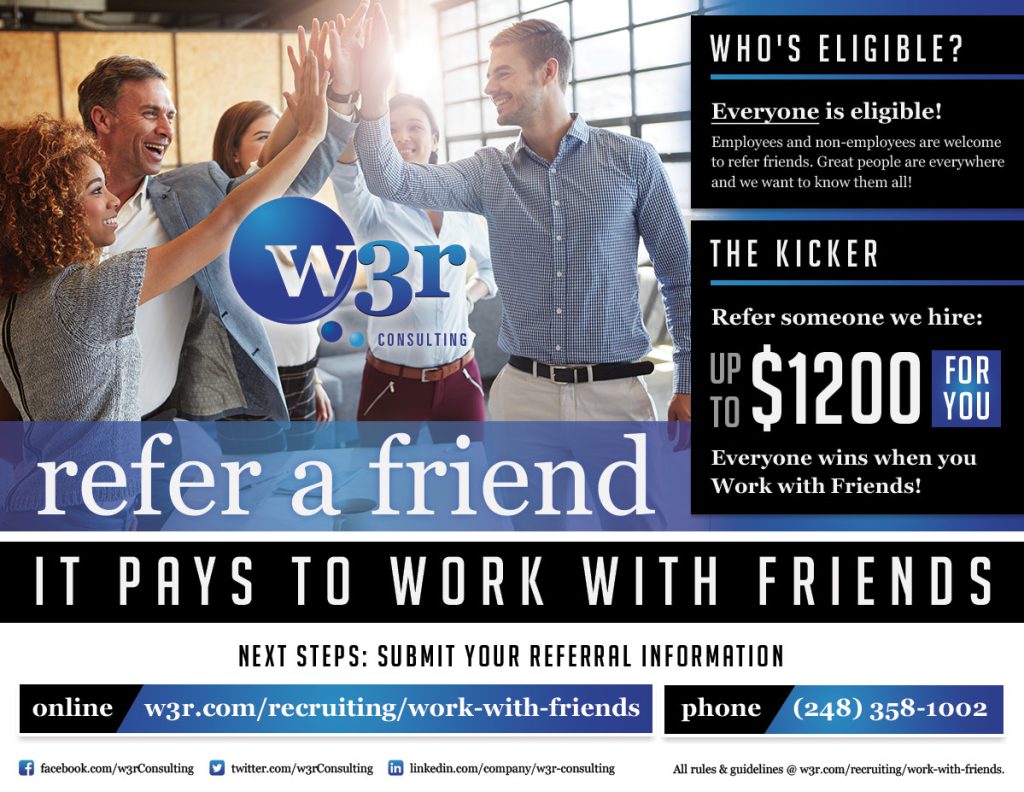Finding your dream job is an organic process; the results do not happen in one night. Professionals who find roles with better companies do more than just submit resumes through job boards or similar application channels. Even subject matter experts build their reputations incrementally to ensure their applications are fast-tracked or risk being lost in the queue. Across industries, one of the best ways to do that is by leveraging professional networking.
Surveys find that 79% of global job seekers believe networking impacts their careers yet not everyone uses professional networking strategies to their fullest. Keep in mind these tactics as you assemble a robust network and you increase your odds of finding your dream job.
Maintain a Durable Network
Though most consider strong professional networks to be valuable, not everyone works to maintain them. Less than 48% of professionals strive to preserve their interpersonal networks when their job search is on hiatus, finding their connections dwindled due to their inattention.
Without regular contact, most relationships have a short lifespan. Rather than rebuilding their network from scratch with each job search, effective professionals remain proactive with relationship building, even when the ROI is expected months or years down the road. The secret to maintaining strong relationships is all in the routine. Frequent communication keeps you front-of-mind. In fact, your active networking should be treated as part of your career development.
Effective job seekers schedule time and create reminders to reach out to their best connections. Messaging, calling, or meeting in person depends on your preference. Whichever method you choose, the goal should always be to share new insight, extend new opportunities, and learn more of their story to deepen your connection. Remember: people are reluctant to put themselves on the line for a fair-weather friend.
Find Connections Who Maximize Your Reach
Not all networks are created equal, as some professionals have more leverage and influence than others. Though any connection has the potential to expedite your search for that perfect job, some professional contacts yield more of the opportunities you want. Building relationships with them pays off tenfold. So who are these super networkers? The answer depends in part on your ideal position. In all cases, it should be a blend of highly connected peers, influencers, and decision makers.
For example, if you are a developer of financial applications, your target audience will be a blend of fellow developers, finance professionals, and senior IT staff (director of development, VP of Technology, etc.). For a nurse case manager (if you want to become one), you want to target nursing staff, healthcare support, and unit shift leads/Director of Nursing Services.
In all cases, building your professional network is best served by fostering relationships with people from all three groups. Putting all of your eggs in one basket risks a longer and less efficient job search when the time comes.
Moreover, use professional networking sites like LinkedIn to see who has the greatest reach among potential connections. That way, the breadth of opportunities on their radar is considerably higher.
Attend the Best Networking Events
Active networking at its best provides an arena to begin multiple professional relationships. Unfortunately, there are a multitude of dead end networking events for every distinct event that enriches your career and introduces you to exceptional connections. Your time is a valuable resource, so limit your time to only the pinnacle of networking functions.
How do you tell the good from the bad? Often, a little research in advance helps to identify which will yield the best connections for your career. Find the answers to these questions:
- Who is organizing the event? Most networking events are transparent about the host as it gives them press and attracts more people (if their reputation is good). This transparency offers a direction for any research. You can quickly see if their track record reflects valuable content and big turnouts or underserves attendees.
- Is the agenda engaging? Beneficial content will draw more super networkers into one place. Whenever an event promises a new spin on an old idea or breakthrough research, it’s more likely to attract people who can advance your next job search. Plus, the material in presentations and breakout sessions offers an easy icebreaker to start the relationship.
- Is the event general or industry specific? Each type of event provides its own value. Smaller events work if they are niche focused. More general events can provide outside-the-box connections, but should be large scale to provide the best results.
Reach Decision Makers Directly
One primary purpose of network building is to obtain leverage with decision makers. The odds of you being hired increase when a respected source vouches for your knowledge and abilities. That seal of approval can come from your peers, other industry professionals, or even recruiters (if they have built relationships at your dream job).
If you decide you want to work with a recruiter, it can help to make a connection before you decide to begin your search. That way, the recruiter is aware of you and your expertise in advance and can notify you when that perfect role comes along.
Sometimes, the way to make that introduction can be as simple as making a referral. That way, your contact information ends up in their hands – and you have a chance at earning a referral bonus in the process. For instance, if you make a referral with W3R, you have a chance at up to $1,200 in a referral bonus for any person we place who works full time for 90 days. That way, you get paid as you foster relationships with people in your network.



